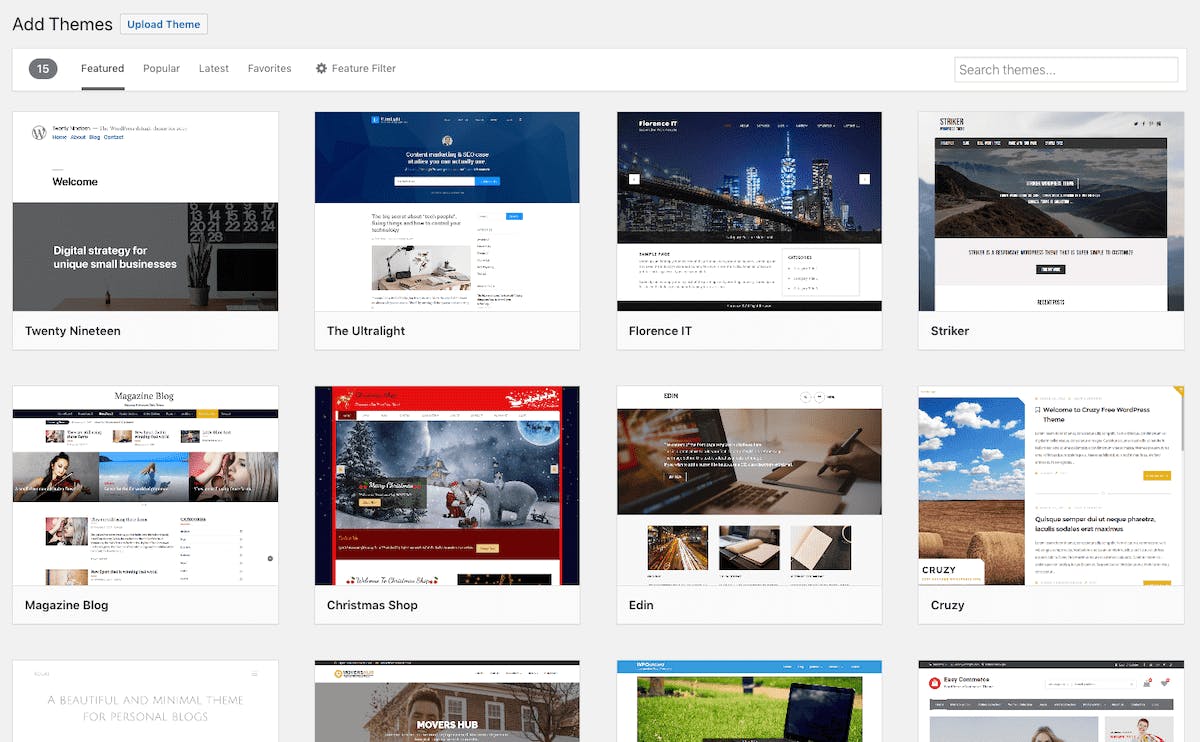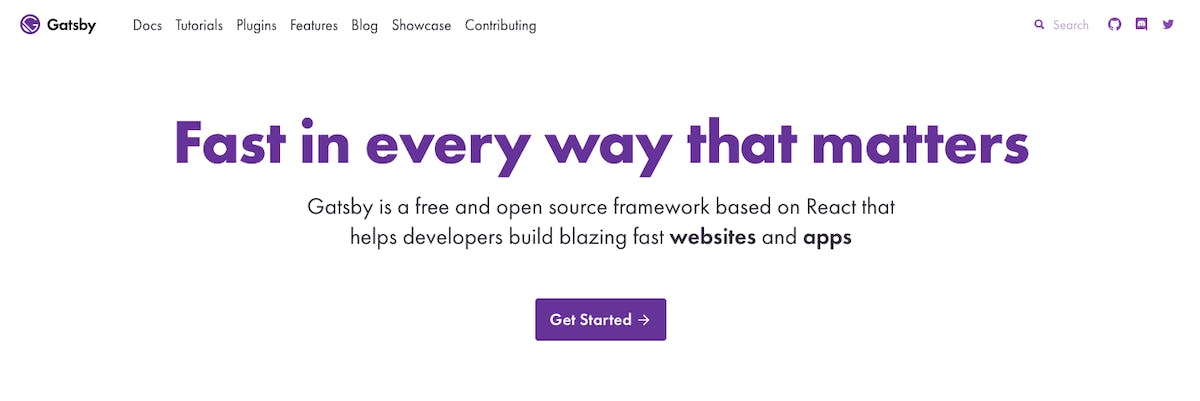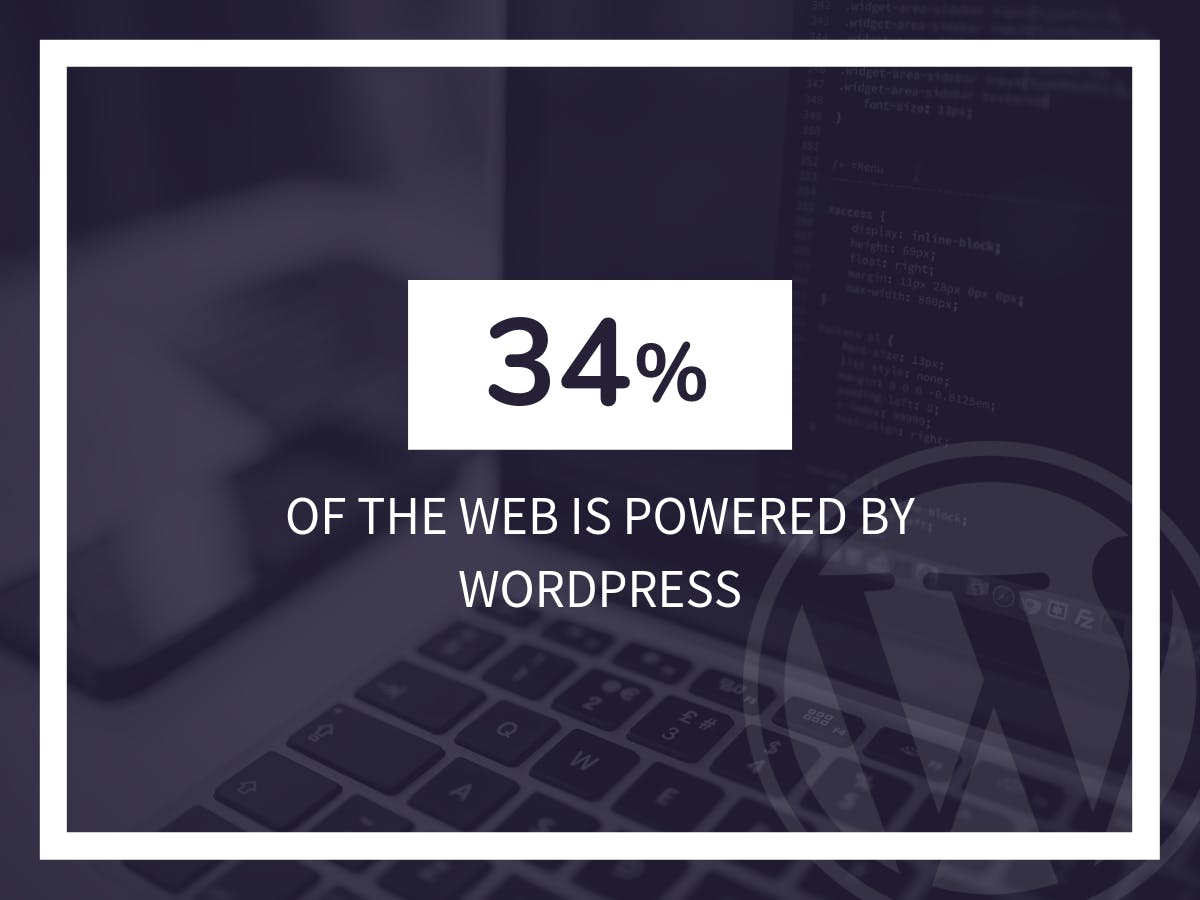
Is WordPress Right for My Small Business Website?
Last updated: Sep 20, 2019
WordPress powers much of the web. In fact, more than 30% of websites are built with WordPress, including some big name players such as Sony, TechCrunch, and BBC America.
Since WordPress works for so much of the web, you might be wondering, “Is WordPress the right choice for me?” In this post, we will be discussing reasons to use WordPress for your small business website as well as reasons it might be good to consider alternatives.
Reasons To Use WordPress for Your Small Business Website
1. The rich ecosystem allows you to benefit from the work of thousands of developers
Unlike site builders such as Squarespace or Wix, WordPress is open source. That means developers from around the globe can come together to design beautiful themes and build feature-rich plugins.
These are easy to install and use even if you have no coding experience, allowing you to build an effective website without ever having to touch code.

Themes
Thousands of pre-made themes are available, including both free and paid options. Whether you have a business website, a personal blog, or an ecommerce store, there are themes to fit your site. If none of those options feel right for you, you are free to upload your own custom-designed template.
Plugins
Plugins add extra functionality to your website. Need a contact form? There’s a plugin. Need help with SEO? There’s a plugin for that too. In fact, there is a plugin for almost anything you would want.
With WordPress, you aren’t limited to a suite of built-in tools some company thinks you need; instead you have access to tons of tools built by real people who have faced similar challenges as you.
2. The WordPress community is always around to help
If you have problems with your website or want to learn something new about WordPress, there is a vast community out there ready to help. Users have made forums, YouTube videos, Udemy courses, and blog posts all about the ins-and-outs of WordPress. A simple Google search can answer almost every question you have.

3. Gain freedom, control, and flexibility
One main reason we recommend WordPress over Squarespace is the fact that you have complete control over your website files. You can download and backup every type of content, and if you are unhappy with your hosting plan, you can take your entire website and host it somewhere else.
Squarespace doesn’t allow you to export certain types of content, and if you decide to move from the Squarespace platform, you will have to redesign your website from scratch.
In addition, WordPress allows you to edit the source code directly. If you are a developer or if you hire a developer, you can create any sort of template or plugin, perfectly tailored to your website. There is really no limit to what you can do with WordPress.

4. There is always room to grow
Squarespace is fitted for small websites with conventional features, but it becomes limiting once your website starts to need a complex structure or more boutique features.
Starting out with WordPress means your website will always be able to scale with your business. WordPress allows you to build any sort of website from a business blog to ecommerce, and you are not limited when it comes to adding customizations and features.
When To Consider Alternatives to WordPress
1. You feel safer with a dedicated customer support channel
Squarespace and Shopify have teams dedicated to providing customer support if something goes wrong with your website. This is something WordPress does not offer.
While some paid WordPress themes and plugins offer customer support, you are generally left to find solutions to problems on your own or to ask for help in the support forum.

2. You’re looking for a hands-off ecommerce solution
With plugins such as WooCommerce, starting an ecommerce store on a WordPress website is definitely an option. However, many people find dedicated ecommerce solutions, such as Shopify, easier to set up and maintain.
Shopify has many great features all built into the system, no tinkering necessary, and since all-in-one packages are responsible for all technical and security aspects, you never have to worry about software and security updates.

3. You prefer simplicity
WordPress offers tons of themes and plugins. Many of these are wonderfully designed and developed, but not all of them are. To ensure you are installing a great theme or plugin requires research, and all of that research can start to feel overwhelming.
Maybe you just don’t feel like bothering with hosting and domain settings. If this sounds like you, and you still want to DIY your website, Squarespace might be the answer.
While Squarespace’s themes are more limited, they are all beautifully designed. All the themes and tools are optimized to work seamlessly on the platform, and all the software updates are handled for you, allowing you to focus on building a more effective web presence.

4. You think a static site is a good fit
Simply put, a static website is one that does not have a database. In the past, static sites were mainly for “brochure” style websites. These websites are more like an online business card and are not updated regularly.
But nowadays, static site generators are all the rage. They can be used to create blogs and be linked to a content management system. For example, this website, including the blog, is built with a static site generator called Gatsby.
However, static sites are not for everyone. Effective static sites will almost always take a developer to set up. It’s always good to go over the pros and cons of a static site with your developer.
Some main benefits of static sites include the following:
- Faster load times. Since WordPress has to query a database to build its pages, it will always be slower than static pages.
- More secure. Static sites are more secure since there is no database to hack.
- Less upkeep. After your website is built, you will hardly ever have to update software.
- Cheaper to host. Since static sites are just files, they are much cheaper to host, and in many cases, even free to host.
Conclusion
We almost always recommend small businesses go with WordPress because of the balance between flexibility and ease of use, but we realize it’s not going to be the right tool for every job. Hopefully this post will help you make a more informed decision when creating your small business website.
What are you currently using for your website? Tell us on Twitter. If you need a website or are due for an update, let us know. We’d love to help!

